Equity Bank Fraud: Investigation Plagued by Allegations of Cover-Up in £10 Million Heist
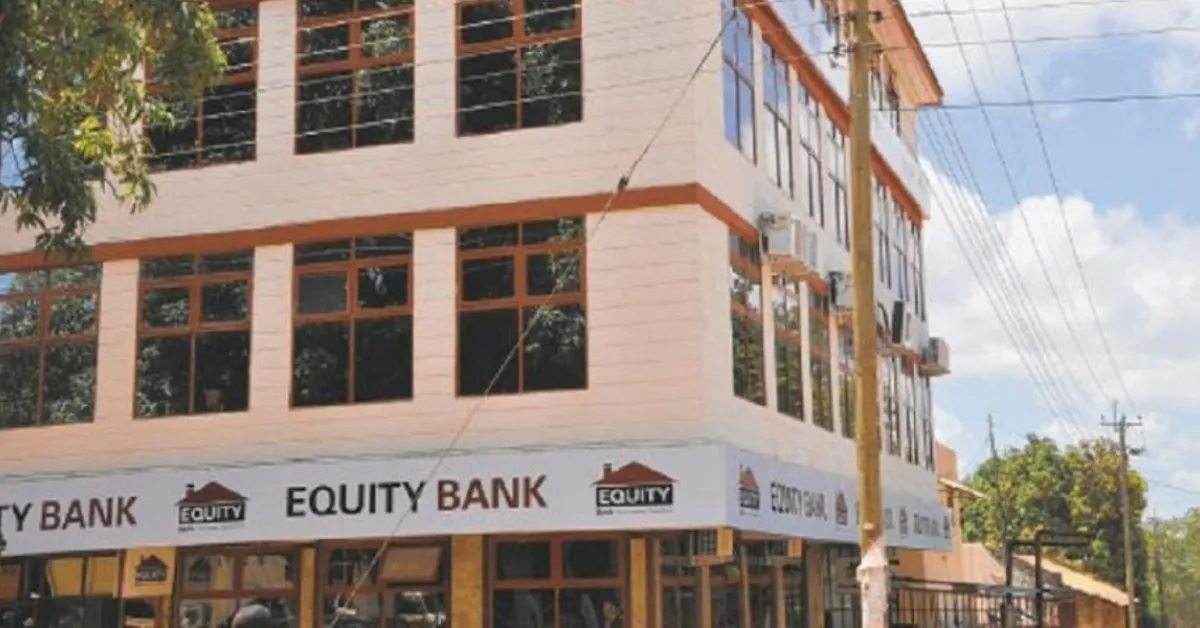
A high-profile investigation into the theft of Sh1.5 billion (£10 million) from Equity Bank is facing accusations of a coordinated cover-up, amid allegations of insider collusion and political meddling.
The initial alarm was raised on 11 July 2024, when Equity Bank’s head of security, Kevin Mwangi, alerted the Banking Fraud Investigation Unit (BFIU) to a series of suspicious transactions originating from the bank’s internal salary suspense ledger. Inspector Bonface Maina Kamau and Sergeant Josiah Gichobi arrived at the bank’s headquarters in Nairobi, where they discovered a digital trail indicating 47 unauthorised transfers totalling Sh1,545,553,374.59.
The fraudulent activity, which occurred the previous day, involved diverting funds, initially disguised as routine salary payments, into multiple accounts. Many of these accounts were linked to newly registered companies, arousing suspicion of a coordinated scheme. The ledger in question was under the management of David Kimani Machiri, a general manager who was on leave at the time.
Investigators allege his credentials were used without his permission to authorise the transfers, raising the spectre of an inside job. Machiri was arrested on 12 July but released on a cash bail of Sh500,000 after Magistrate Geoffrey Onsarigo declined a police request for a 21-day detention. He was instructed to report to the BFIU twice weekly and appear in court on 15 August for an update on the investigation's progress.
The investigation quickly broadened, with five individuals—Sahal Mohamed Sahal, Mohamed Hashi Adan, Kariye Salah Ali, Hassan Abdirashid Mohamed, and Mohamud Mohamed Arab—detained on 16 July at Equity Bank headquarters as they attempted to access Sh463 million they had received. The suspects confessed to withdrawing the funds via Hawala systems and converting portions into foreign currencies at forex bureaus before handing the money to an individual identified only as Geoffrey.
Sahal subsequently led investigators to The Vineyard Ridgeways, a nightclub on Kiambu Road, where Geoffrey was arrested alongside Gideon Kamau Wangeci, who was also taken into custody. Ruth Muthoni Kamau, a businesswoman, is now alleged to be the mastermind behind the heist. Internal police correspondence suggests that Muthoni received over Sh800 million, with Sh105 million channelled through two of her companies, Goodmans Fresh Ltd and Blue Kenfresh Ltd. Further funds were reportedly deposited into her personal accounts and distributed in cash by other suspects.
Muthoni, however, denies any involvement, claiming she was abducted, not arrested, during the investigation. She said to reporters, "I was not arrested. I was abducted. There were over 200 people I hear, I don’t understand why you are picking me?"
Muthoni has filed a legal application to block further police investigations and arrest. Her affidavit claims her involvement is related to her former husband, Andrew Kamau Muhiu, a director of Banda Homes. Banda Homes was placed under liquidation in March 2024 following an insolvency petition by Susan Obuya, a Netherlands-based accountant, who represented investors who had paid for homes that were never delivered.
The investigation has taken a contentious turn with the abrupt transfer of Inspector Kamau, who had been leading the inquiry, from the BFIU to the DCI office in Baragoi, Samburu County, on 11 October 2024. Kamau has protested the move, alleging it was orchestrated to derail the probe and shield Muthoni from prosecution. In letters addressed to DCI Director Mohamed Amin, Inspector-General of Police Douglas Kanja, and the National Police Service Commission, Kamau alleges senior officers from the Transnational Organised Crime Unit and officials within the Office of the Director of Public Prosecutions attempted to interfere with the investigation.
Kamau’s transfer occurred before Muthoni’s complaint against him was fully investigated. She had accused him of demanding a Sh10 million surety without issuing a receipt and of orchestrating her abduction. Kamau refutes these allegations, saying that Muthoni was released on Sh300,000 police bail and that all arrests were sanctioned by his superiors. The implications of Kamau’s reassignment are significant, raising concerns about the independence of investigative agencies and the potential for political or personal interests to override due process.
The BFIU continues to trace the flow of stolen funds, examining the roles of various shell companies and individuals who may have facilitated the laundering of proceeds. The use of informal money transfer systems and rapid currency conversion has complicated efforts to recover the funds, with a significant portion potentially already outside the formal banking system.

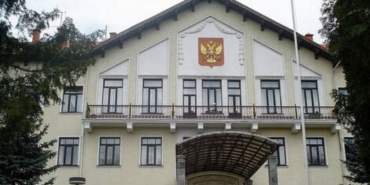
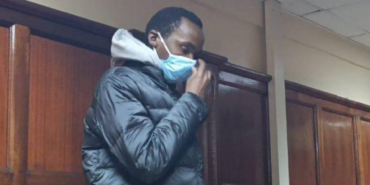
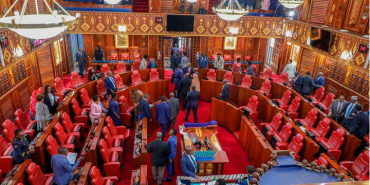

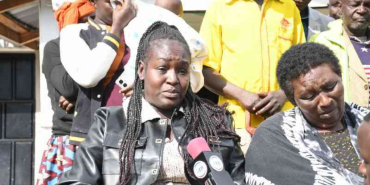
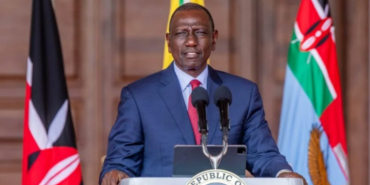
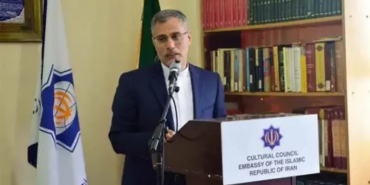
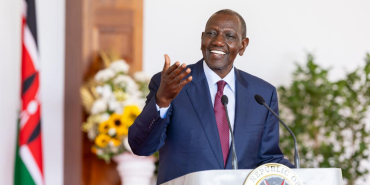




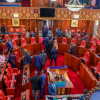
Add new comment